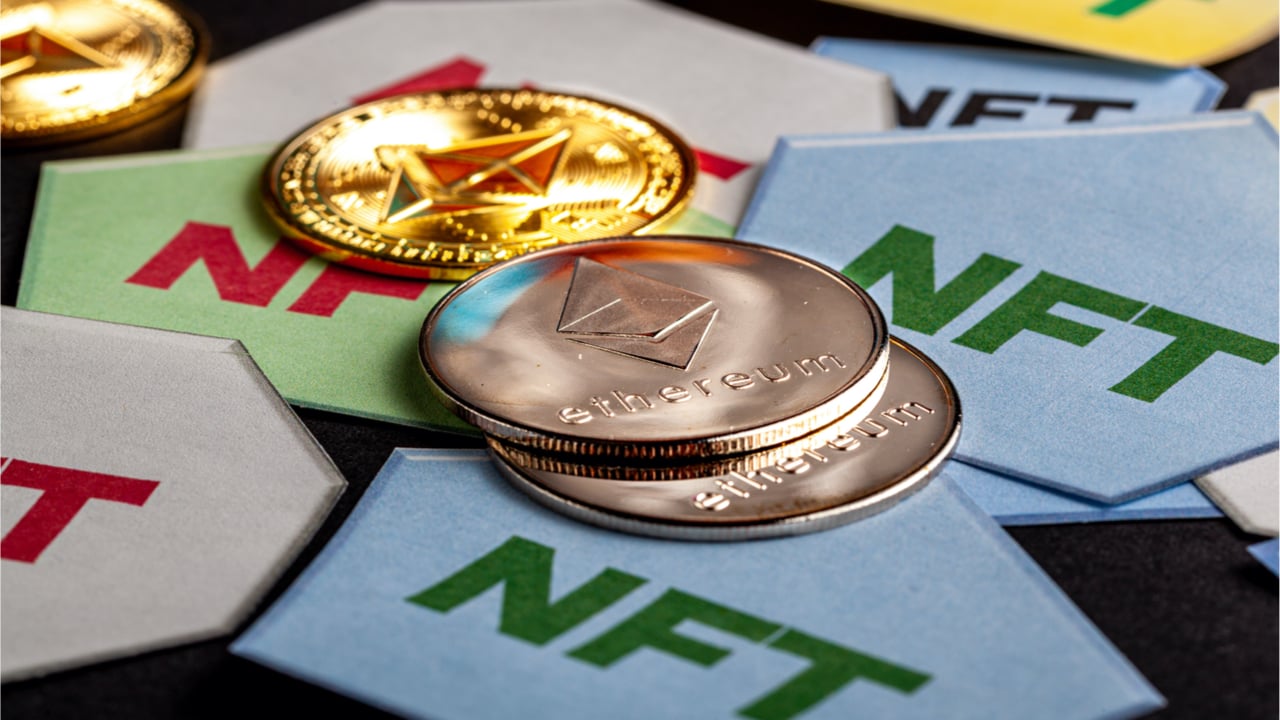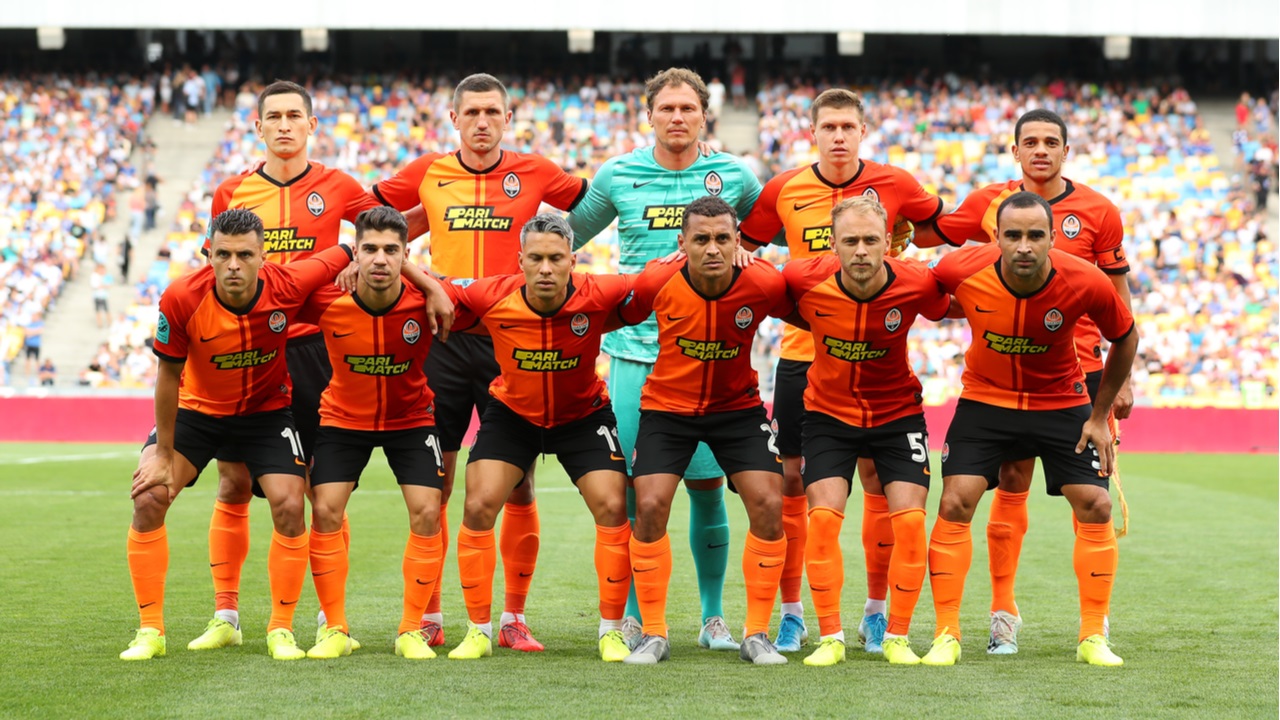
Workers weigh up their futures in the cryptocurrency economy as tough market conditions lead to more staff cuts at prominent firms.
Bleak market prospects continue to afflict the cryptocurrency ecosystem as prominent firms face the tough reality of reducing their workforce to ensure their long-term viability.
Nonfungible token (NFT) marketplace OpenSea has established itself as an industry leader in its category. Still, its own success has not been enough to weather the potential length of the so-called crypto-winter.
The company announced that it would reduce its employee numbers by 20% in July to ensure the long-term viability of the business. OpenSea co-founder Devin Finzer shared a Slack message sent to the company outlining the reasoning for the retrenchment move on Twitter on July 14:
Today is a hard day for OpenSea, as we’re letting go of ~20% of our team. Here’s the note I shared with our team earlier this morning: pic.twitter.com/E5k6gIegH7
— Devin Finzer (dfinzer.eth) (@dfinzer) July 14, 2022
Finzer promised to give outgoing staff a ‘generous’ severance package and healthcare coverage into 2023, as well as accelerate equity vesting periods for employees eligible.
The co-founder noted that despite having built a strong balance sheet through fundraising and a proven ‘product-market fit,’ OpenSea had to reduce its workforce to ensure a financial runway for a five-year crypto winter scenario.
Related: Crypto exchange Coinbase slashes staff by 18% amid bear market
A handful of OpenSea employees took to social media platforms with posts indicating their severance from the company. One employee was ‘shocked and still processing’ the news while taking a positive attitude:
I was apart of the layoffs.
— Allen (@allencito) July 14, 2022
I’m shocked and still processing tbh.
Can’t take it personal.
Must move forward and keep building.
Thanks @opensea for the opportunity https://t.co/e4WseqeavR
Kristyana Kern, a recruiter working for OpenSea, confirmed her departure from the company in a LinkedIn post that was also shared on Twitter:
“In my short time there, I hired 10 people with 100% offer acceptance, helped build out recruiting operations and really dug into Web3. I worked with incredible people and am so grateful for my time there but am ready for my next adventure."
So sad to share that I was impacted by layoffs at OpenSea. I worked with incredible people and am so grateful for my time there.
— Kristyana (@kristyanakayy) July 14, 2022
That being said - I don’t want this to end my time in Web3 so if anyone is hiring Recruiters please reach out ❤️
Cointelegraph spoke to another former OpenSea employee that admitted being caught off-guard by the announcement. The individual, speaking on condition of anonymity, had been employed in the cryptocurrency industry for around a year and wanted to continue working in the Web3 space.
These posts garnered plenty of interest, with colleagues and acquaintances offering assistance to help place the outgoing OpenSea employees. Some projects like DAO payroll and finance platform Utopia Labs called for engineers to explore new openings at the firm:
If you were affected by the @opensea layoffs we’re hiring @utopialabs_ and would love to chat
— imhiringengineers.eth (@pryceandstuff) July 14, 2022
We’re working on some deep technical problems at the intersection of compensation, compliance, and coordination for DAOs, and are expanding out our rockstar eng team https://t.co/0ONJM9M8QZ
OpenSea becomes the largest NFT-focused company to be forced to cut staff alongside significant firms in other corners of the blockchain and cryptocurrency ecosystem. June 2022 saw the likes of major exchanges Gemini, Coinbase and Crypto.com announcing retrenchments.
Cryptocurrency, blockchain and Web3 job portal Crypto Jobs List estimates that 3500 jobs were cut by the three major exchanges. At the same time, the service noted a 20% drop in the total volume of companies and jobs being advertised since May.
While other companies streamline their teams, the likes of Binance, Kraken and OKEx are hiring for over 2000 positions collectively. Crypto Jobs List also estimates that another 1000 jobs are set to be created by a plethora of cryptocurrency and nonfungible token (NFT) startups.
Nonetheless the search volume for “remote crypto jobs” been the highest ever in the last 5 years pic.twitter.com/OyAVZVbkho
— Crypto Jobs List — Solidity NFT DeFi Web3 Jobs (@CryptoJobsList) July 7, 2022
Cryptocurrency Jobs, another careers portal platform, also noted an increase in the number of companies requesting human resource assistance. Daniel Adler, the founder of Cryptocurrency Jobs, told Cointelegraph that he'd worked with 40 different companies across the cryptocurrency ecosystem since markets turned sour in 2022:
Some teams have implemented hiring freezes, others are restructuring and looking into their hiring needs for the year, and for some, it's business as usual. For many teams, the bear market is a great time to do meaningful and strategic hires."
Cointelegraph has reached out to a number of individuals affected by staff cuts in the cryptocurrency industry. If you have recently lost your job or have been affected by prevailing market conditions and would like to share your experience/views - send an email to gareth@cointelegraph.com.









